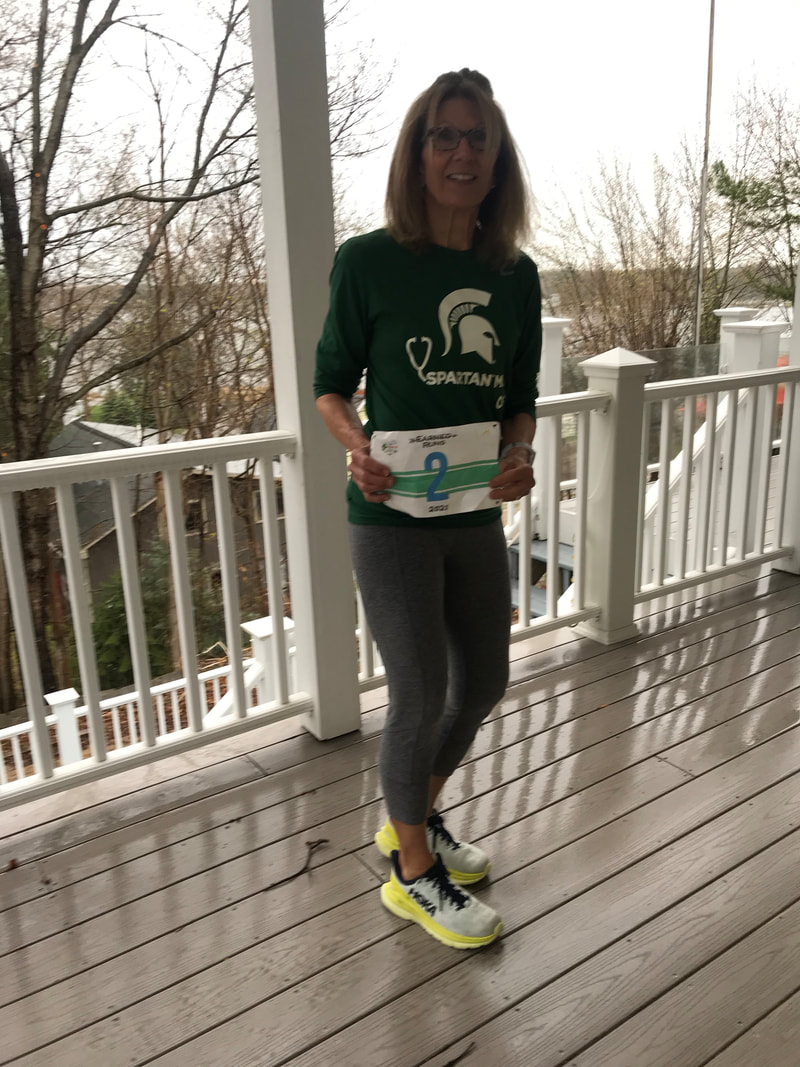BLOG
|
|
THOSE WHO LIKE TO TUNE OUT WHILE PERFORMING A FAMILIAR CONTINUOUS, AEROBIC ACTIVITY AND MENTALLY RELAX MIGHT WISH TO RETHINK THAT STRATEGY. A post from Harvard Health Publishing references Dr. John N. Morris, director of social and health policy research at the Harvard-affiliated Institute for Aging Research. He says challenging your cognitive skills while performing a new physical activity “that also forces you to think and learn and requires ongoing practice can be one of the best ways to keep the brain healthy.”
Dr. Morris explains that research has proven regular exercise to be one way to improve brain function in areas like “memory recall, problem solving, concentration, and attention to detail.” Taking up a new sport like swimming is an example, he offers; another is improving your golf game by trying to lower your handicap. Wow! But before reading this piece I thought only non-exercise-related mind-bending activities, like learning a new language or to play a musical instrument, would improve brain power. Perhaps these language and musical lessons could be learned while walking, but my mental image of “brain exercise” had not included gym work or sports, until now. Activities don’t need to be physical exercise, he says. Creative outlets like painting and other art forms remain strong contenders for cognitive exercise, however, so there’s no need to give up aspirations in these areas. The factors that make an activity good for brain training are: challenge, complexity, and practice, indicates Dr. Morris. Attempting something new is more challenging than doing that which is learned and familiar. Complex tasks force brains to work harder than simple ones. Regular practice is required to master any new skill. What this means for runners, walkers, bicyclists, and gym lovers, is that we stand to benefit both physically and cognitively from mixing up workouts or trialing new activities. In other words, cross-training, which involves performing various forms of exercise that require us to concentrate, react, and adjust movement rather than to move from mere habit. To commit to slightly more difficult challenges rather than coast along with familiar routines. If we believe the expert, Dr. Morris, and the research he discusses, instead of putting on shoes or getting on the stationary or actual bike and walking/running or cycling without a specific workout in mind, defining a goal and developing a plan to meet that challenge would be better for brain health. There are a variety of training programs available for purchase, and many that are offered free, online for those interested in taking on new and challenging physical activities. Not just for running (see below two links that may help walkers and cyclists). Locating a plan, creating a calendar, customizing it for your personal needs, and adjusting it to your daily schedule are complex mental tasks that qualify as brain training. Earned Runs has offered a variety of summer challenges, and encourages fall and winter beginner training for 5K's. There's a getting started checklist for beginner runners that could walkers could adapt. If the activity in which you’re interested requires equipment, consider going to a local brick-and-mortar specialty store before buying on the internet. The owner/proprietor may have suggestions with regard to getting started. Even if you only need apparel, seeking out specialty apparel stores may help you find someone with expertise who can provide advice to newbies. The thoughtful effort you’ll need to make to take on a challenge or a totally new sport is actual brain training. The more that’s required, the more you’re likely to be improving cognitive function! And be on the way to becoming more fit as well. RUN& MOVE HAPPY! https://www.health.harvard.edu/mind-and-mood/train-your-brain https://averagejoecyclist.com/beginner-cyclist-training-plan-phase-1/ https://www.halhigdon.com/training-programs/more-training/fitness-walking/
1 Comment
|
BRIDGE TO PHYSICAL SELF
Running, walking, and fitness activities enable us to experience our physical selves in a world mostly accessed through use of fingers on a mobile device. AuthorEARNED RUNS is edited and authored by me, runner and founder. In 1978 I began participating in 10K road races before 5Ks were common. I've been a dietitian, practiced and taught clinical pathology, and been involved with research that utilized pathology. I am fascinated with understanding the origins of disease as well as health and longevity. Archives
November 2023
CategoriesNew! Search Box
Earned Runs is now searchable! Check it out...
|


 RSS Feed
RSS Feed